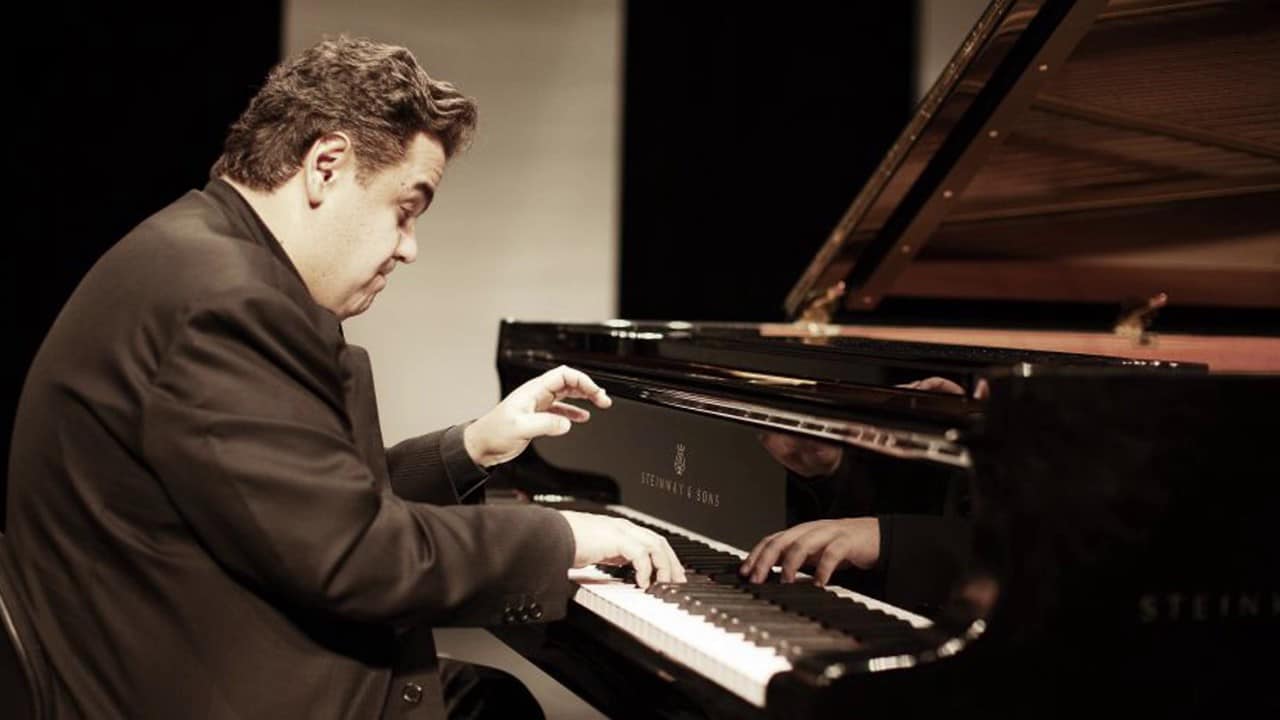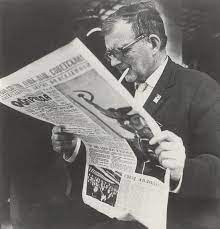May I continue? says pianist to phone disrupter
NewsMonday’s recital at the Philharmonie de Paris was broken up by an inconsiderate phone user.
At the first sound of a ringtone, pianist Arcadi Volodos waited until the device was silenced, then asked the owner politely ‘may I continue?’
Moments later, the phone went off again.
‘Get out!’ shouted members of the audience.
Report here by Alain Lompech.






Comments